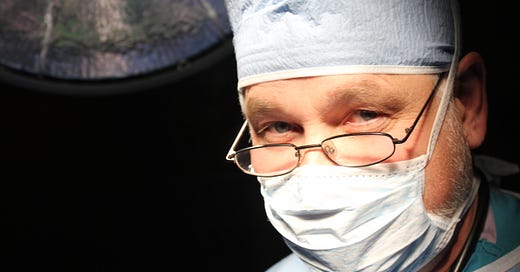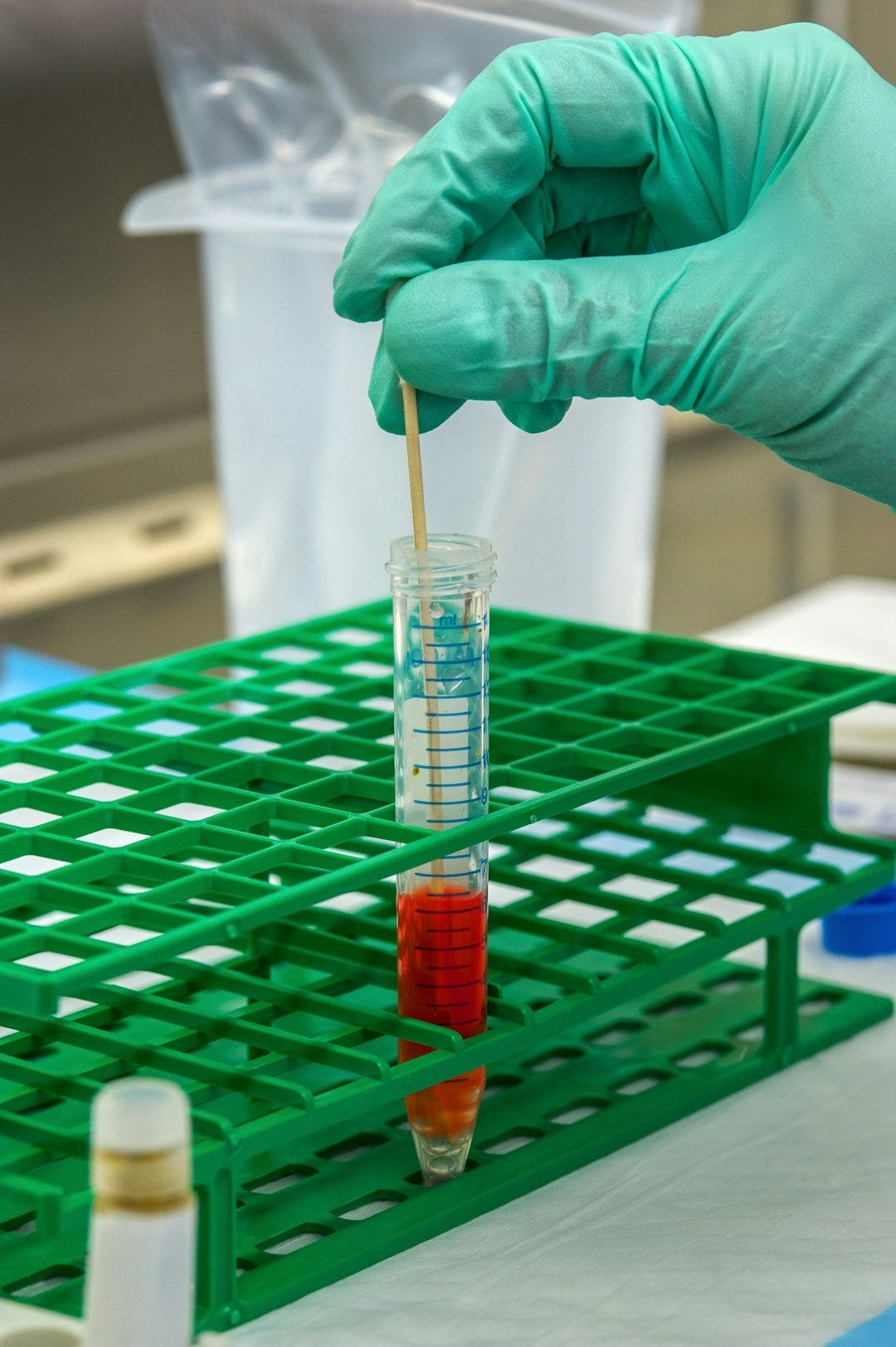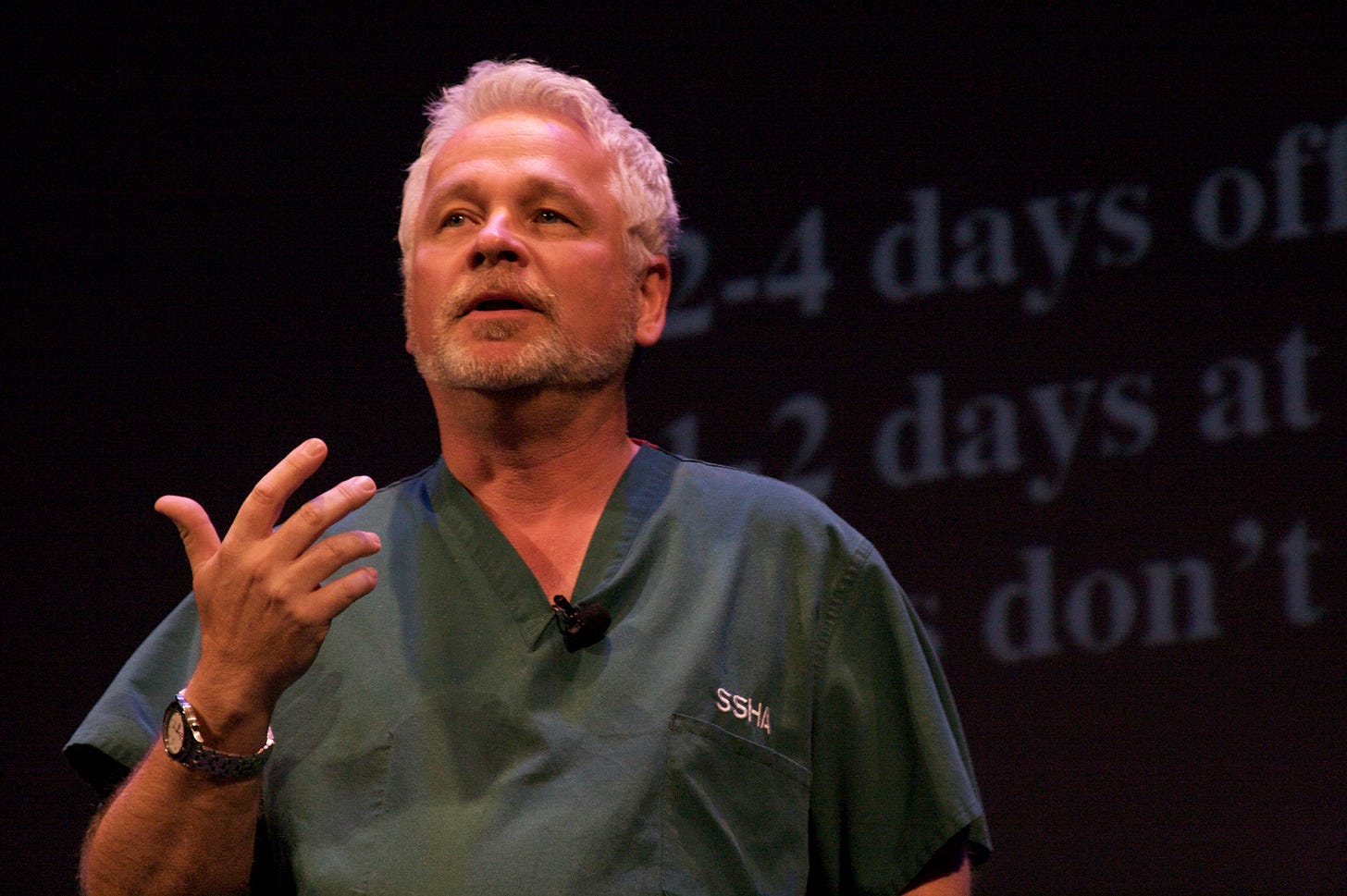Beginnings are hard.
1. Why this, why now
We live in an era of misinformation.
TikTok, Instagram, Facebook and YouTube have been great places to provide the latest medical information, and bust myths. Then TikTok went silent. This week the President suspended information from the CDC/NIH and FDA.
It pointed out the need for a reliable forum where evidence-based information could be made available. Where hucksterism would be revealed. Where censorship wasn’t an issue.
2. Welcome to My Surgery
Did you know that “surgery” has different meanings?
Surgery is a verb that describes what I performed on my patients. However, the British have two additional definitions. One is the place where doctors consulted with patients - they would see them “in their surgery.”
Another is “where Members of Parliament meet with their constituency to inform them.” That is what this surgery is. It is where I am providing information that you might not get elsewhere.
My background is the human body, I am a medical doctor. I know the body inside and out (surgery again). Before becoming a physician, I was in graduate school training to be a virologist. Even published some landmark papers. Never did I think virology and surgery would mix. Then in 2020 COVID-19 hit our shores.
We always knew a pandemic was coming - it was a matter of if not when. Today, we face another potential pandemic, and less credible information.
What should you watch out for? How do we know that the eggs we eat aren’t infected with bird flu? Should we drink milk, or avoid it altogether? Those are the questions people are asking me today. Tomorrow there may be a different threat.
With any health crisis come those peddling nonsense. Selling “cures” that have no evidence, that have not been tested. Or creating enough confusion that you might think they have a point.
3. How often to post or podcast or????
I know you get a lot of emails. This will be another - and every week it will be the information you might find useful and may not find elsewhere.
Hucksters often refer to the scientific literature to give their claims some legitimacy. Their followers will cite the conclusions without having read the article.
A classic involves Ancel Keys, a Ph.D., who conducted research that concluded that people who ate higher fat diets had more heart disease. A finding since confirmed in many studies.
Critics of Keys allege he had data from 23 countries, but cherry picked the data from seven countries that fit his thesis. Those who have read the studies can assure you he didn’t do that at all.
Why do they say this? The critics base it on an article that is exceedingly hard to find. But if you find and read it, you will realize that it does not confirm their suspicions at all. I have a copy of this rare article.
Why don’t they read it? They are clearly wrong? They don’t read it because they have an agenda.
This will be my best stuff.
My one podcast, Fork U (yes, that is the name of it), has been around for a couple of years. But I intend to make a more science-based podcast soon.
I have another newsletter, but it is focused on diet and lifestyle. This will have some of that.
4. Research doesn’t happen on social media
Real research happens in a laboratory. It is painstaking, laborious, and like a pilot, most of the time is boring, but can get exciting quickly. When someone tells you they have done research, often they have read an article, not spent hours in a lab, not read many science-based or evidence-based articles. That is my job, I will do that for you.
5. Thank you
Thank you for reading this. If this fits your jam - subscribe. You will get a lot of information here.
Terry Simpson MD FACS 1/25/25 Ventura, CA








THANK YOU for coming here! Hope to see you on Bluesky too!